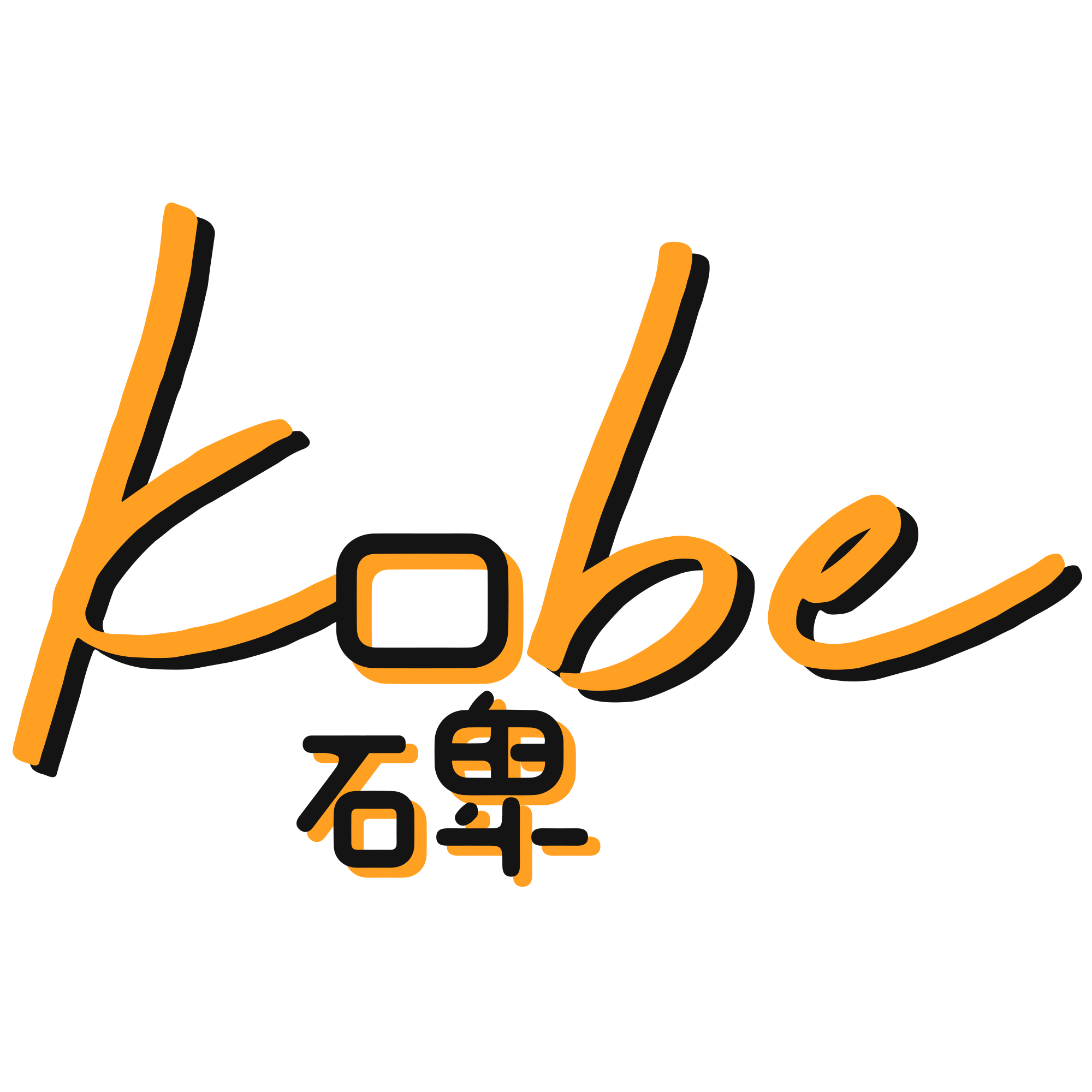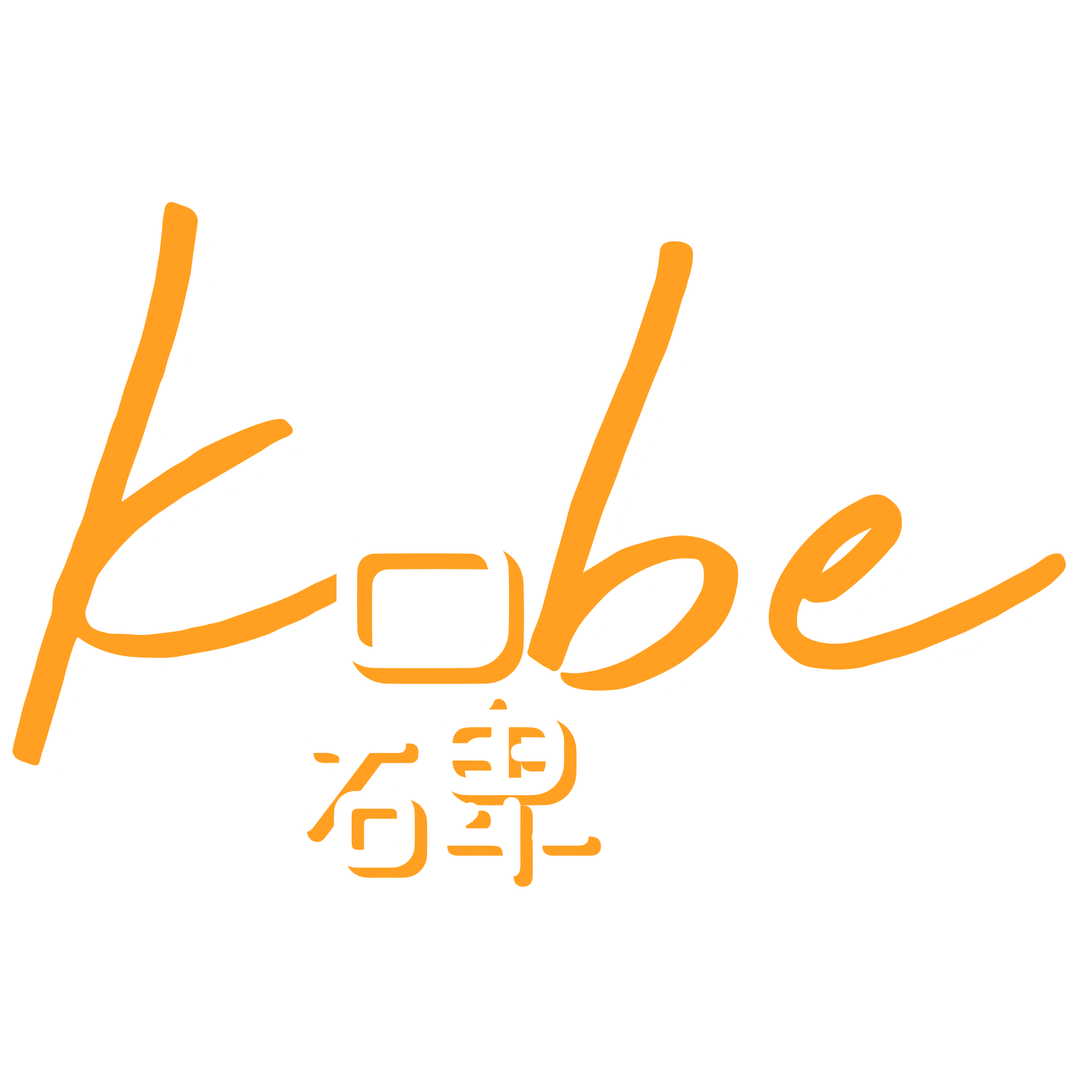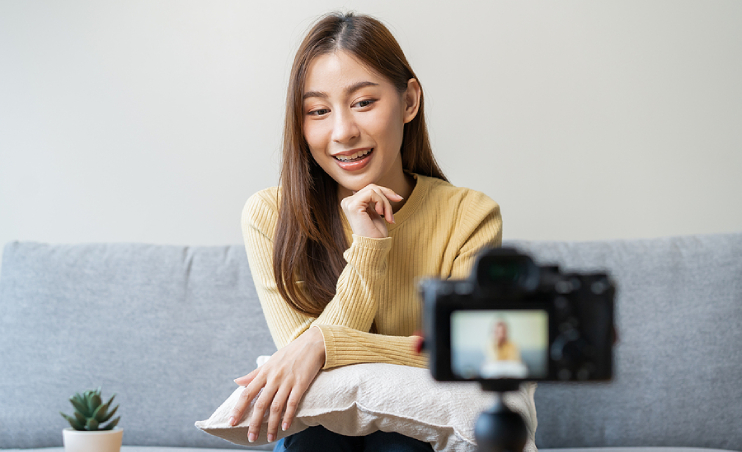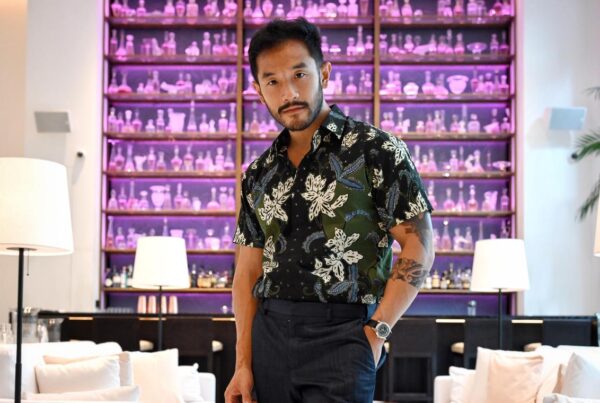 The rise of influencer marketing has allowed word-of-mouth marketing to migrate onto the Internet. Influencers appear more genuine and authentic than brands and celebrities; hence, they are perceived to be a more trustworthy source of recommendation.
The rise of influencer marketing has allowed word-of-mouth marketing to migrate onto the Internet. Influencers appear more genuine and authentic than brands and celebrities; hence, they are perceived to be a more trustworthy source of recommendation.
However, as more influencers and key opinion leaders (KOLs) enter the market, things have started to take a turn, and the trend of “de-influencing” has emerged.
Read on to learn about de-influencing and what this means for your KOL marketing strategy.
De-influencing on social media
De-influencing is where influencers discourage their audiences from some forms of consumption.
One method of de-influencing is content that brings to attention a product or brand’s lacklustre performance. With titles like “I regret buying X product,” these posts focus on promoting authentic and honest reviews in an era when distinguishing between real and paid content is difficult.
Other de-influencing actions are slightly more radical and call into question the general trend of overconsumption, which is wasteful and unsustainable in the long run.
The pushback against traditional influencer marketing and overconsumption is partly a result of oversaturation: with so many influencers online, who can consumers trust to provide genuine reviews? Thus, consumers have greater confidence in influencers who post negative reviews because it suggests they think critically about every product.
The de-influencing trend has also accelerated due to rising living costs and disillusionment with most influencers’ unrealistic lifestyles. No longer as receptive to costly recommendations that may not even be effective, consumers are looking for influencers who will be honest and provide balanced reviews.
What does this mean for influencer marketing?
Fortunately, the de-influencing movement does not mark the end of influencer marketing. Instead, it indicates that brands should pivot their messaging to better align with the consumers’ expectations and demands.
Influencers today adapt to their audiences’ distaste for oversaturation and promote conscious consumption over excessive consumption. This means they still use their platform to sway their audience’s purchasing decisions—after all, saying “Don’t buy this” suggests they should spend their money on other products. Hence, de-influencing can be considered influencing, just with another name.
In understanding their audience’s fatigue, current influencer messaging is based on a few key ideas:
- If you don’t need a product, then don’t buy it.
- Expensive products are not always better.
- You should align your choices with your style and budget.
Therefore, brands need to base their promotions around these criteria as well.
How should your influencer campaign evolve?
In the era of de-influencing, brands are expected to engage influencers more transparently.
One way to do so is to work with those who de-influence. As these influencers evaluate the products more thoroughly and critically, their positive reviews seem even more genuine. Gaining their seal of approval is thus crucial to bolster the brand image.
Working with micro-influencers can also be rewarding, especially because they seem more authentic and relatable to audiences. They are also less likely to be oversaturated, which helps your brand stand out.
Additionally, it helps to cultivate longer-term relationships with influencers. This helps build brand trust and loyalty because the promotion doesn’t seem purely sales-focused.
Moreover, influencer campaigns should involve a feedback system. Survey the influencers you have worked with and ask what products they prefer or what problems they encountered. Such feedback can inform your new research and development, making consumers more likely to enjoy and purchase your products.
Conclusion
With de-influencing on the rise, brands must adapt to the change in consumer expectations and demands. Hence, it is crucial to rethink your influencer marketing campaign and modify your product seeding approach.
If you’re looking to work with a social media influencer in Singapore, check out Kobe. We are an influencer marketing agency experienced in matching brands with social influencers in Singapore for optimal results. Contact us at https://www.getkobe.com/ to find out more.






